Ever since the beginning of civilisation on the banks of the Indus, rivers have been a crucial aspect of life in India as they gave rise to thriving communities and travel routes across the country. For this, they have also been worshiped and protected for centuries.
Sadly, while major rivers of India like Ganga and Yamuna are bearing the brunt of rising industrialisation and pollution, they have become instruments for political agendas.
In several cases, they have divided people, with standoffs between states over sharing water from rivers.
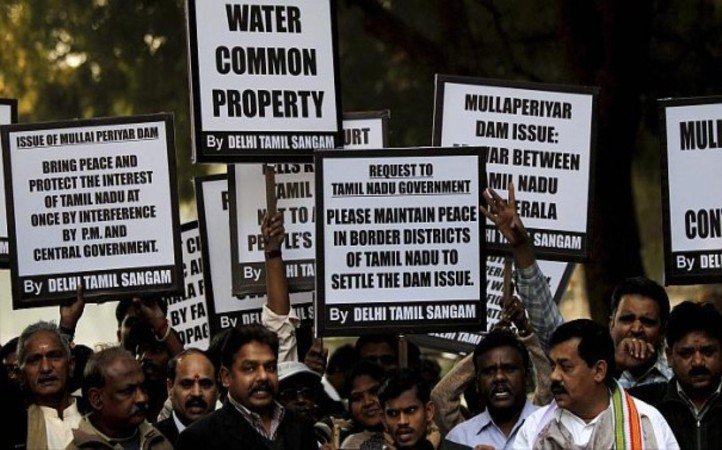
There is already an ongoing Satluj-Yamuna Link canal dispute between Punjab and Haryana that has created problems for Delhi as well and triggered a political crisis.
Here is a look at similar water disputes that have been making headlines over the past several years.
Kaveri river dispute
The Kaveri or Cauvery river water dispute is one of the most talked about and old river disputes in India, dating back all the way to the 19th century. It is a dispute between Tamil Nadi and Karnataka.
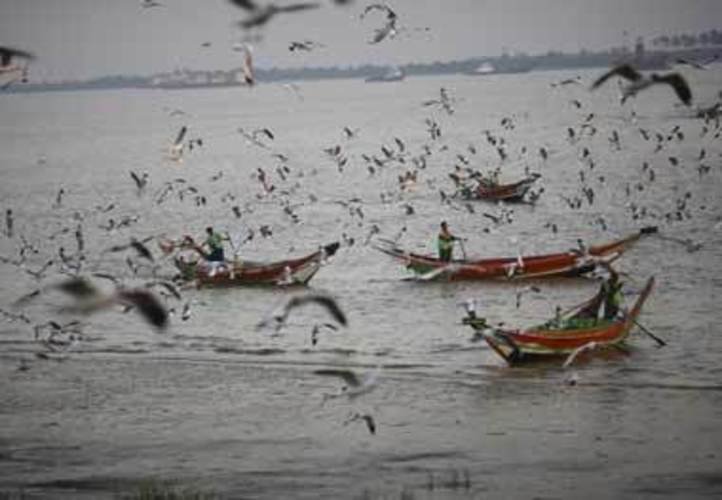
Karnataka, which has always contended that it doesn’t receive a fair share of the water and an agreement from 1924 favoured Madras Presidency, has demanded a renegotiated settlement. Tamil Nadu says that change in the current water sharing deal will affect millions of farmers in the state. A tribunal constituted in 1990 gave a verdict in 2007. The issue remains unresolved due to a review petition, and controversies including Jayalalitha sitting on a fast in protest and a Tamil Nadu farmer committing suicide, The Hindu reported.
Krishna river water dispute
Like Kaveri, Krishna river water dispute also has its roots in the colonial period. It is about a disagreement between Maharashtra, Karnataka and Andhra Pradesh, regarding sharing the water from the river which flows into the bay of Bengal.
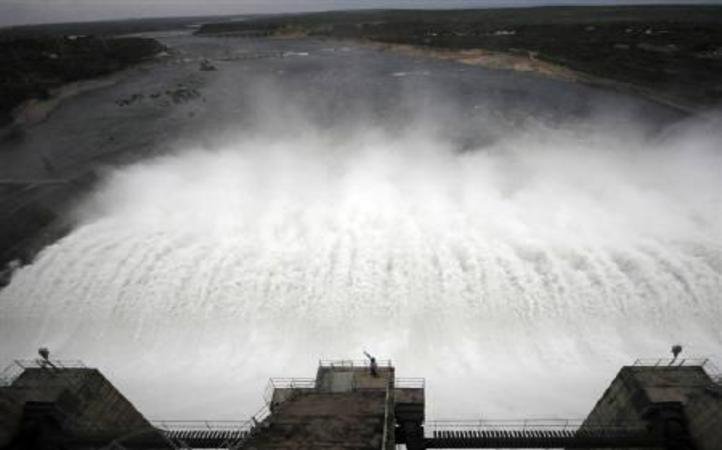
The government of India constituted the first Krishna Water Disputes Tribunal (KWDT-I) in 1969 to resolve the dispute and KWDT-II was constituted in 2004. The controversy was solved in 2010, but saw a new twist with the formation of Telangana as a separate state, as it gave way to a fresh tussle between Telangana and Andhra Pradesh, The Economic Times reported.
Godavari water dispute
Another river which has caused a standoff between states is the Godavari river which flows through Andhra Pradesh, Madhya Pradesh, Chhattisgarh, Orissa and Karnataka. A tribunal for resolving the issue was constituted in 1969 alongside the KWDT, and its verdict was made binding on all states by the government of India in 1980.
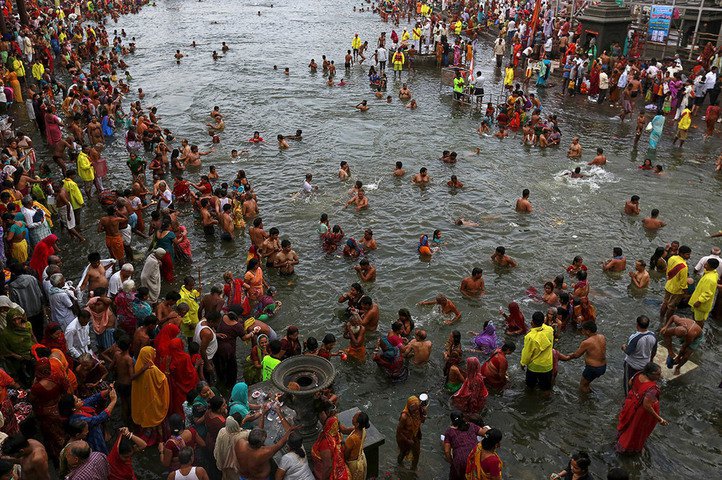
A fresh row erupted over the share of water for Telangana which was formed in 2014, but it was resolved as Maharashtra and Telangana formed an inter-state board for irrigation projects, The Hindu reported.
Mullaperiyar dam dispute
One of the most controversial and violent water disputes in India has been the one over the Mullaperiyar dam on the Periyar river, which has created a rift between Kerala and Tamil Nadu. Protests and demonstrations on both sides have been making news for the past few years, and violence have led to curfews in the region, DNA reported.
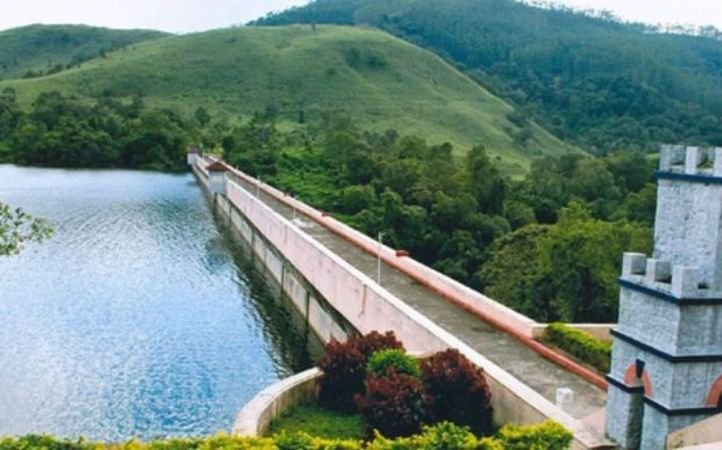
The argument is around a 116-year-old dam, which is in Kerala, but has been operated by Tamil Nadu as per an agreement with the erstwhile British administration, for irrigation in the state. Now Kerala claims the dam is weak and needs to be repaired to avoid a threat to millions, a move opposed by Tamil Nadu.
Barak river dispute
The Barak is one of the two major rivers flowing through India’s north east region, and originates from Manipur, before flowing through Mizoram and Assam, and going across the border into Bangladesh. It is cause for a tussle between Manipur and Assam and is also at the centre of an international water dispute between India and Bangladesh.
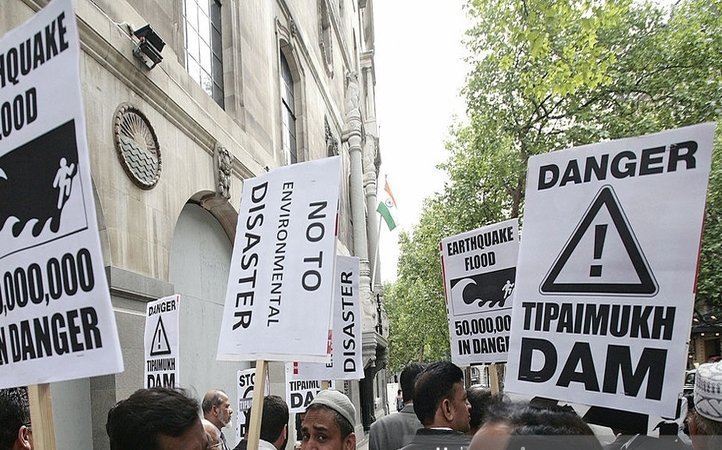
One of the problems is oil extraction in Manipur, with oil reservoirs being identified near the origin of the Barak river. This threatens to pollute the Barak through its tributaries, further leading to pollution in Assam and Bangladesh, Manipur Times reported.
Another one is the Tipaimukh Dam on the Barak river, as Bangladesh has raised concerns over water drainage on farms and impact on hydrology, while domestic impacts include National Highway No 53 being partially submerged.
India-China Zangmu dam issue
A dam built by China on the Brahmaputra river near Zangmu in Tibet is expected to produce 2.5 billion kilowatts of electricity for the region every year, but it has raised eyebrows in India for different reasons.
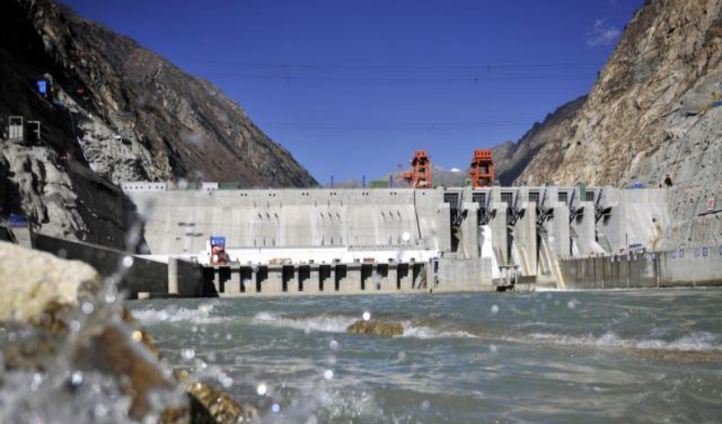
Indian authorities are concerned about the implication of a major dam on the Brahmaputra, known as Yarlung Tsangpo in China. Despite reassurances from the Chinese administration, Indian authorities fear that it will restrict the flow of water to India, since there is no formal agreement regarding water sharing between the two nations.
Satluj-Yamuna Link canal issue.
Apart from Ravi and Beas, Satluj and Yamuna are two major rivers that flow through Punjab and Haryana. The dispute is about water sharing between two states depending on agriculture, with Punjab saying it has no water to spare. A legislation passed by the Punjab Assembly in 2004, cancelled all water sharing agreements with Haryana, and made the construction of the Satluj-Yamuna Link canal futile, The Hindu reported.
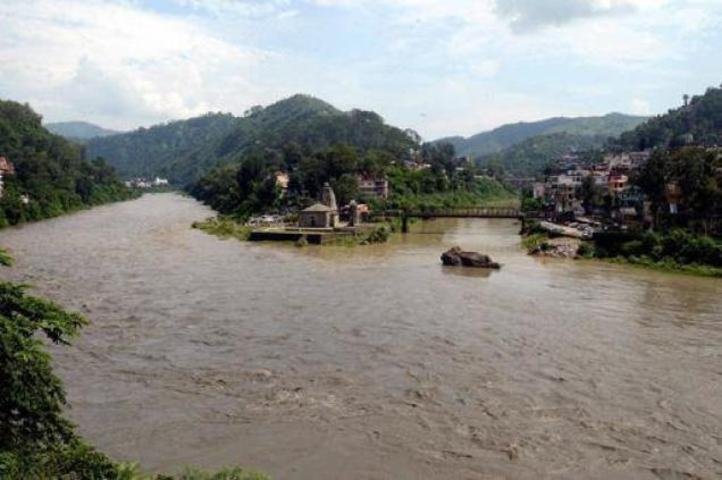
As the Supreme Court recently ordered a status quo on the land reserved for the canal, the Punjab Assembly unanimously resolved that they cannot allow the dam to be built. With Delhi CM Arvind Kejriwal also siding with Punjab, Haryana has threatened to stop water supply to Delhi, and with the Khap panchayat now getting involved, tensions are expected to escalate in the issue, with no end in sight.

















